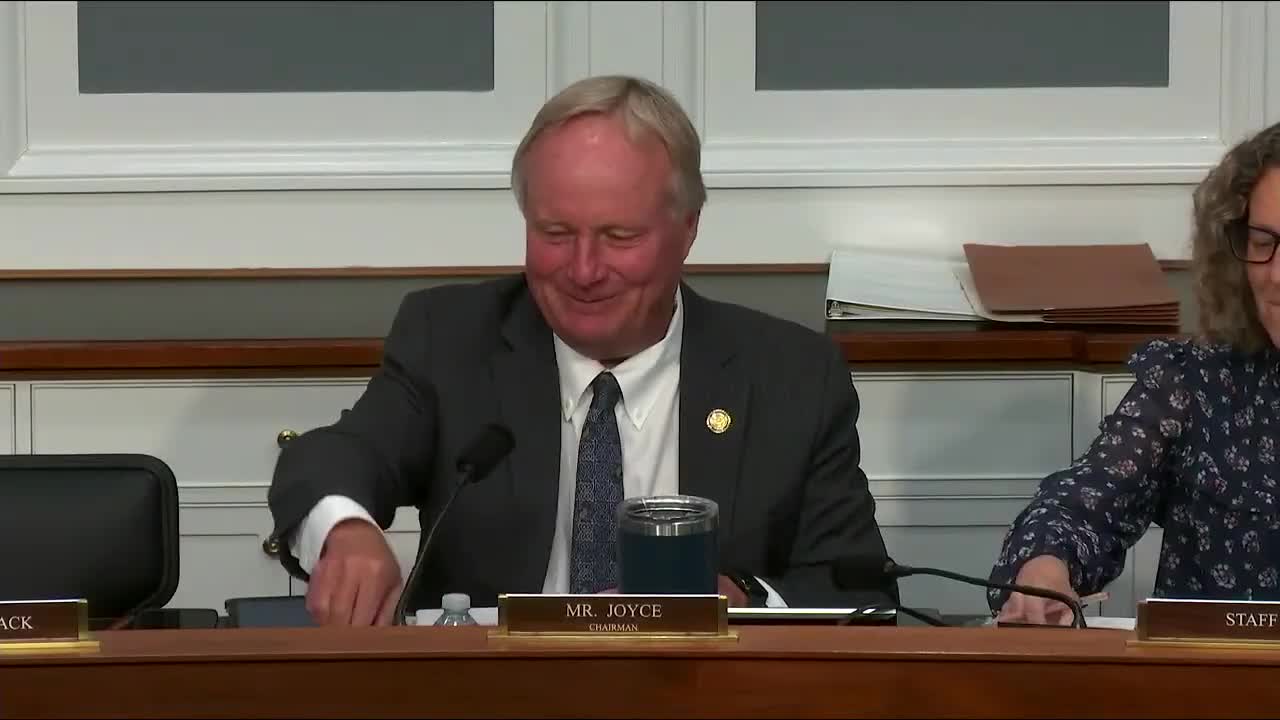Article not found
This article is no longer available. But don't worry—we've gathered other articles that discuss the same topic.
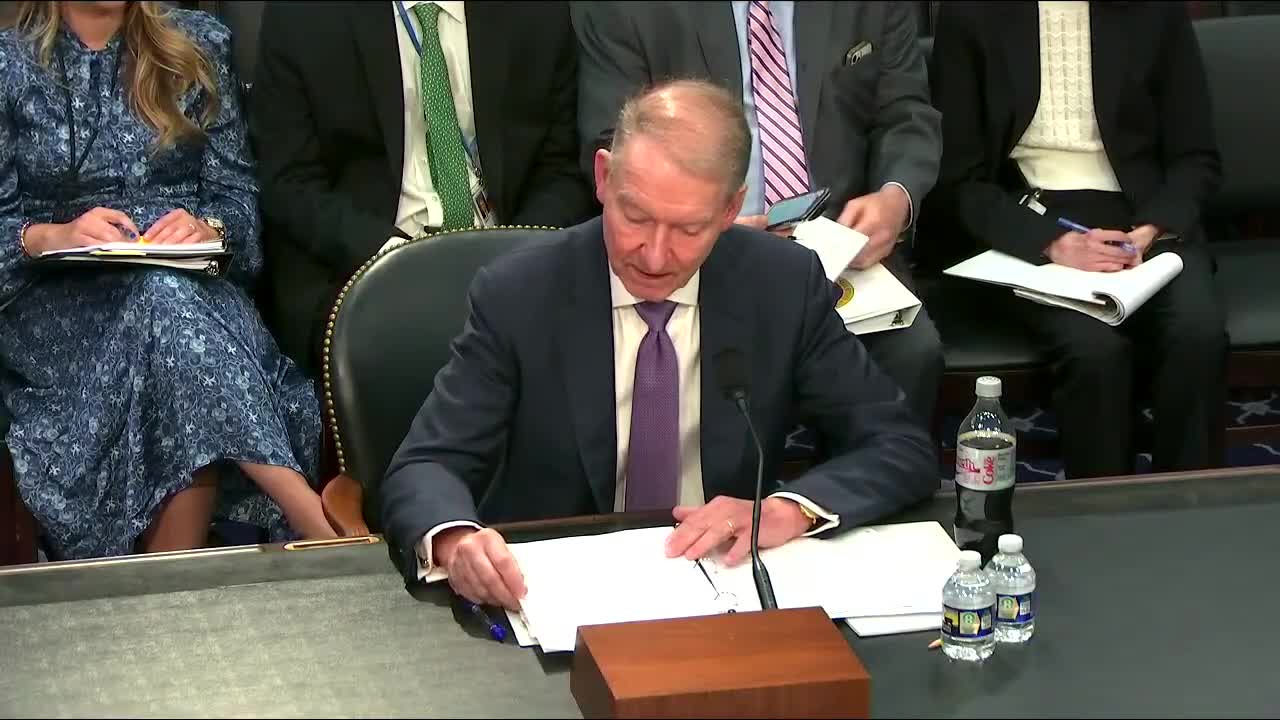
SEC chairman: crypto framework a top priority; task force work and roundtables ongoing
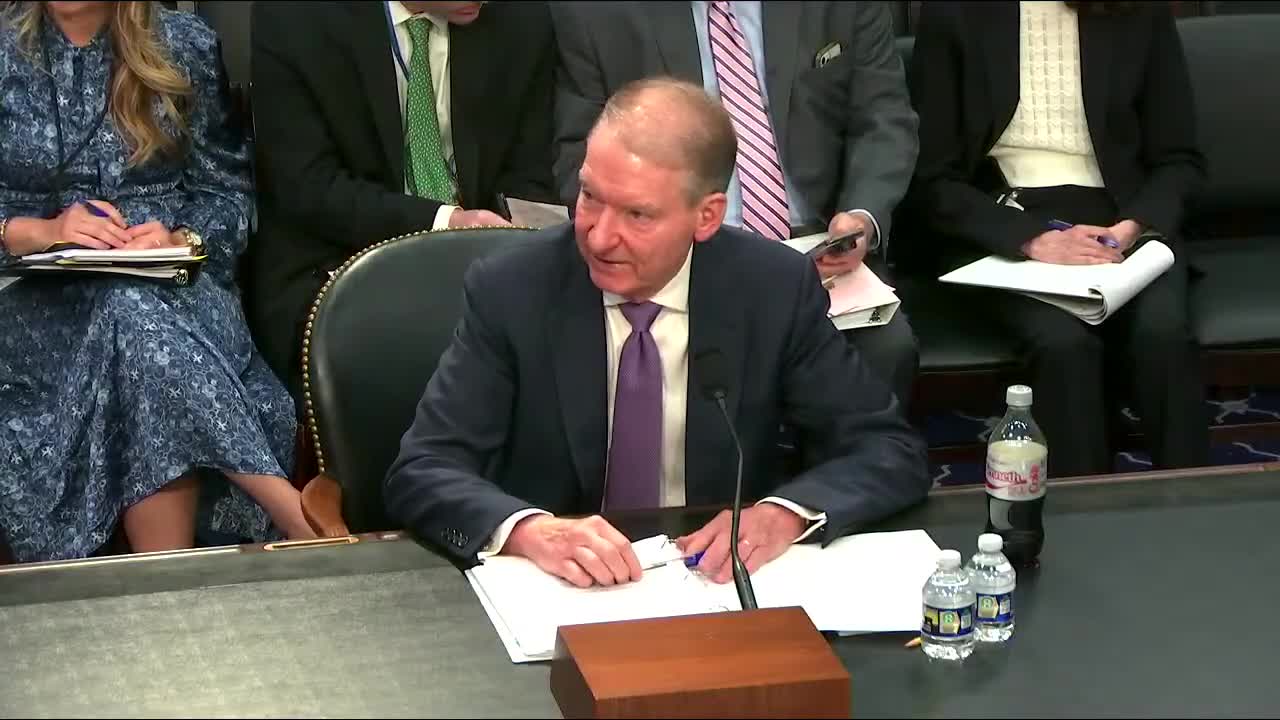
Lawmakers raise alarm over tweets, 'meme coins' and Justin Sun ties; SEC chair says he cannot discuss active investigations
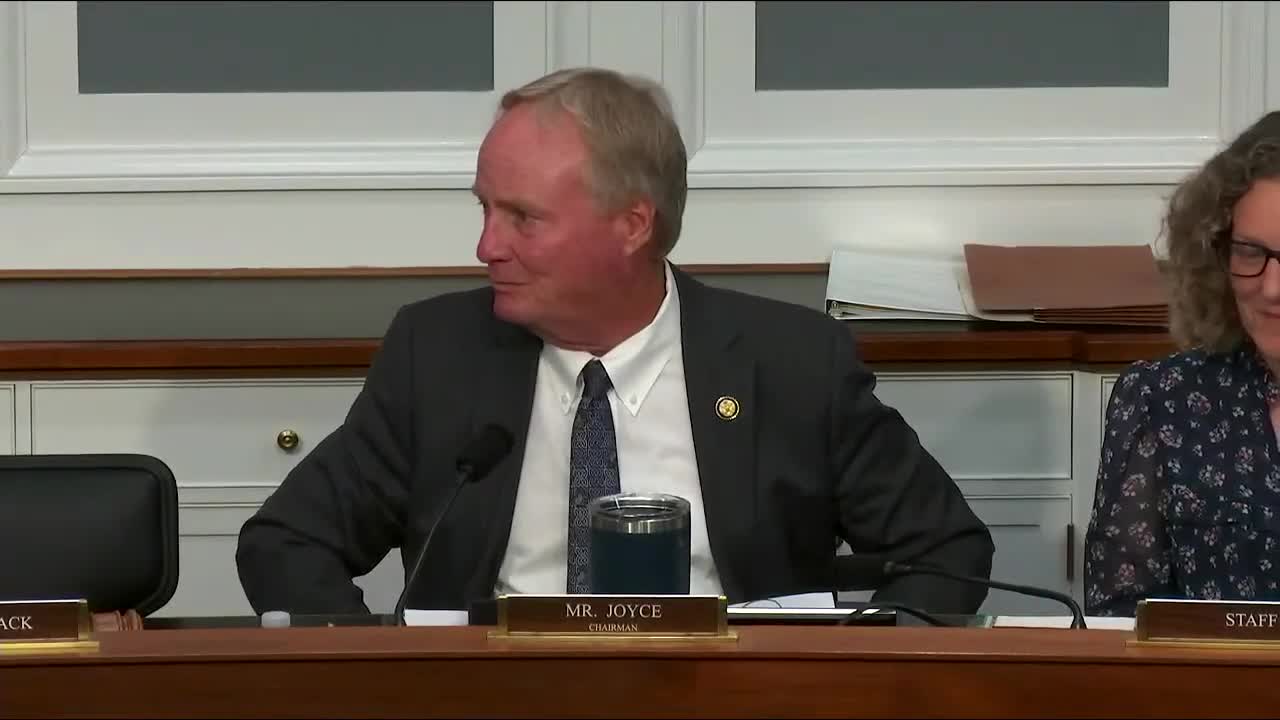
Lawmakers and SEC chair debate climate disclosure rule defense and data-security risks including the CAT
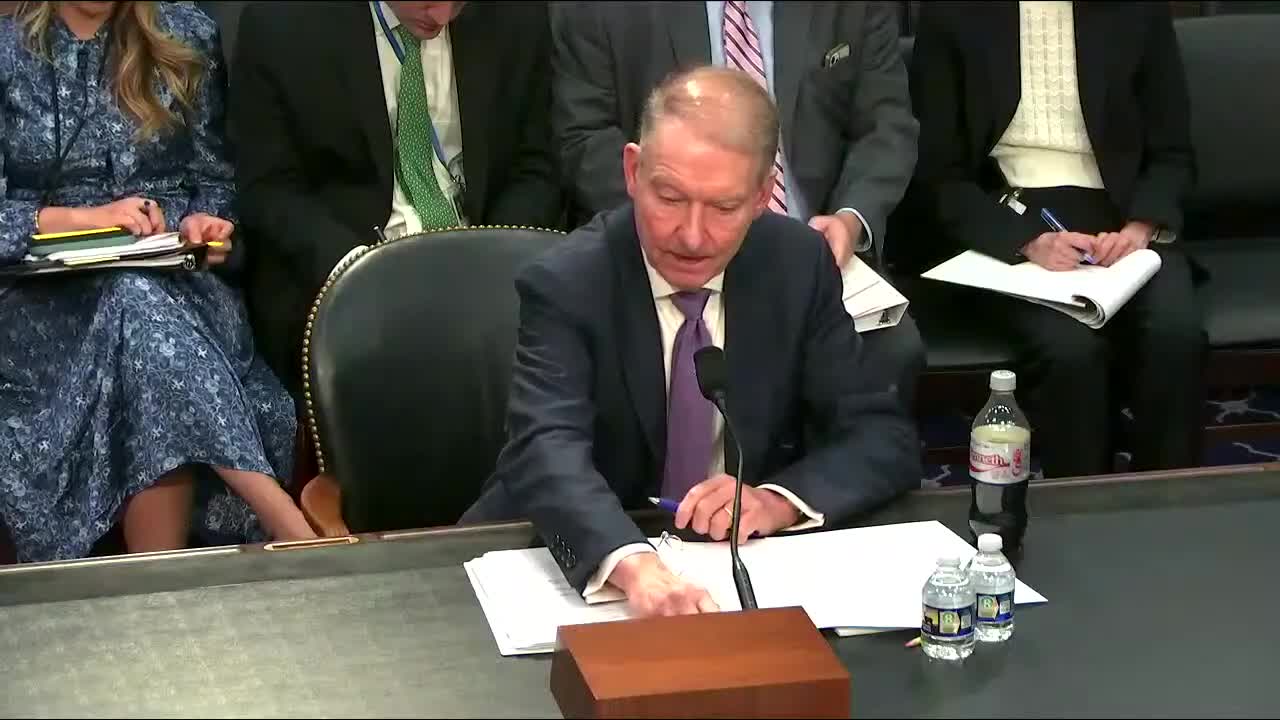
Lawmakers press SEC chairman on staff reductions; chairman says departures were voluntary and enforcement headcount is down 15%
